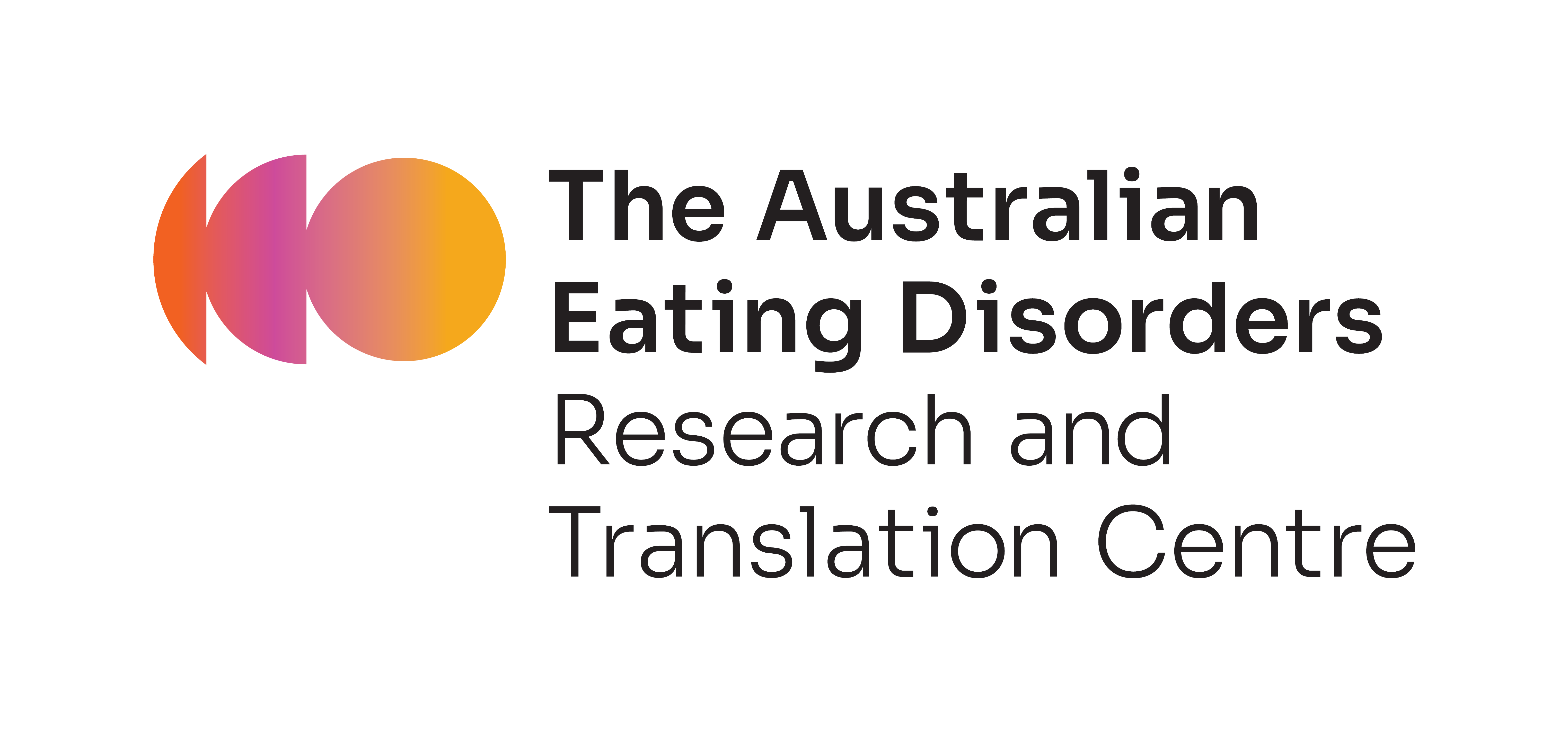What we do
Without advances in research, we will continue to lose lives to eating disorders. A new collaborative approach to research and how it is translated into practice, can transform people’s lives and entire communities. That’s why we exist.
Our Streams

Lived Experience and Co-Production
Research and research translation should be informed by the voices of those whom it affects. The AEDRTC is built on and inspired by a framework of Lived Experience & Co-Production. This core program ensures that lived experience expertise is interwoven across governance and all work streams of the Centre.

Aboriginal and Torres Strait Islander Co-Production
The Aboriginal and Torres Strait Islander Eating Disorders Co-Production will contribute Indigenous leadership and innovation to governance and all activities of the Centre and establish an Aboriginal and Torres Strait Islander Eating Disorder Research Strategy, in co-design with community.

National Network
In order to create real change, we need to work together. The National Network aims to drive collaboration within and across relevant sectors, including among researchers, clinicians, consumers, carers, policy makers, funders and other groups affected by eating disorders.

Workforce Research Engagement and Capacity
Developing a robust research workforce is pivotal to sustained enquiry, new discoveries and long-term implementation of findings into practice. We want to attract the brightest minds to eating disorders research! The Workforce Research Engagement and Capacity work stream aims to build engagement, capacity and capability of the academic, clinical and lived experience researcher workforce; identify and develop clear pathways into research and translation; and build a strong, diverse and participatory national research culture.

Translation
Research translation is about bridging the gap between knowledge gained through research and its application to policy and practice. There is no point conducting research if it does not ultimately (directly or indirectly) translate into changes in practice and policy to benefit human health.

Research
The research work stream will address knowledge gaps and established priorities, with a focus on high impact research that will directly impact outcomes for people with eating disorders and their loved ones. This includes Centre signature studies, large-scale trials addressing three priority areas (Risk & Protective Factors, Very Early Intervention and Individualised Medicine) as well as supporting smaller scale projects, including lived experience and Aboriginal and Torres Strait Islander-led research, across any of the Top 10 research and translation priority domains.
